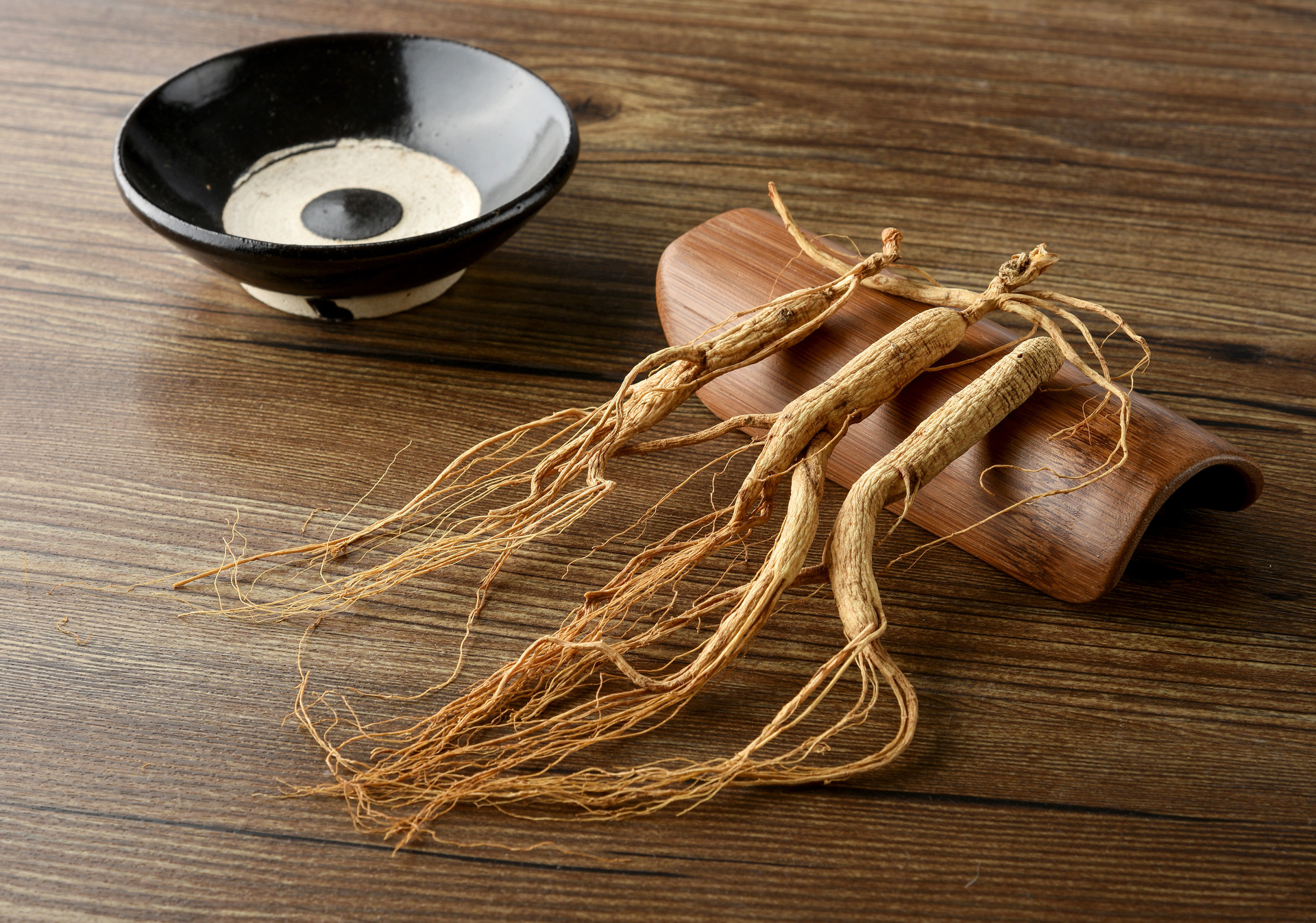For us, decocting traditional Chinese medicine is a profound art. Decoction method refers to the process of boiling the medicinal herbs in water to extract the essence. In traditional Chinese medicine prescriptions, we often come across many specialized terms related to decoction, which often leave us puzzled. Below, I will introduce several specialized terms used in the decoction of traditional Chinese medicine.
1. Gentle Fire and Strong Fire
Gentle fire refers to slow heating, while strong fire refers to fast heating. It is said that fast decoction extracts the active ingredients quickly, while prolonged decoction extracts the fully cooked and concentrated essence. Generally, herbs are first boiled with strong fire and then simmered with gentle fire. As recorded in "Compendium of Materia Medica," it is effective to boil with strong fire first and then simmer with gentle fire.
2. Pre-decoction
Shell-like and mineral medicines, such as tortoise shell, realgar, fresh oyster, and stone calamus, are hard to extract the essence due to their hard texture. They should be crushed and pre-decocted for about 10-20 minutes before adding other herbs. For herbs with a lot of impurities, such as sticky rice root, and herbs with light weight but large volume, such as reed root, cogongrass rhizome, and bamboo shavings, it is also recommended to pre-decoct them to obtain a clear juice, and then use the clear liquid instead of water to decoct other herbs.
3. Late Addition
Mint, cardamom, sandalwood, and rhubarb, which have a strong aroma, rely on their volatile oils for therapeutic effects. They should be added when the other herbs are almost decocted, and boiled for 4-5 minutes to prevent prolonged decoction from dissipating their active ingredients and reducing their efficacy.
4. Package Decoction
To prevent the decoction from becoming turbid and reduce irritation to the throat, esophagus, and gastrointestinal tract, herbs such as cinnabar, talc, honeysuckle, and orpiment should be wrapped in gauze before boiling.
5. Dissolution
Gelatinous and highly soluble herbs, such as donkey-hide gelatin, deer antler gelatin, honey, and Chinese fevervine, should be heated separately, dissolved, and then added to the decoction of other herbs while hot. This ensures full dissolution and prevents sticking to the pot during decoction, as well as adhesion to other herbs, reducing the dissolution of active ingredients from other herbs.
6. Separate Decoction
Some precious herbs, such as ginseng, American ginseng, and deer antler, should be decocted separately to protect their active ingredients. After decoction, their juice can be mixed into the decoction of other herbs for consumption.
7. Mixing and Consumption
Liquid herbal medicines, when decocted together with other herbs, often affect their composition. Therefore, it is recommended to decoct and remove impurities from other herbs first, and then mix and consume the liquid herbal medicine. For example, mixing with yellow wine, bamboo vinegar, fresh lotus juice, ginger juice, pear juice, and honey.












